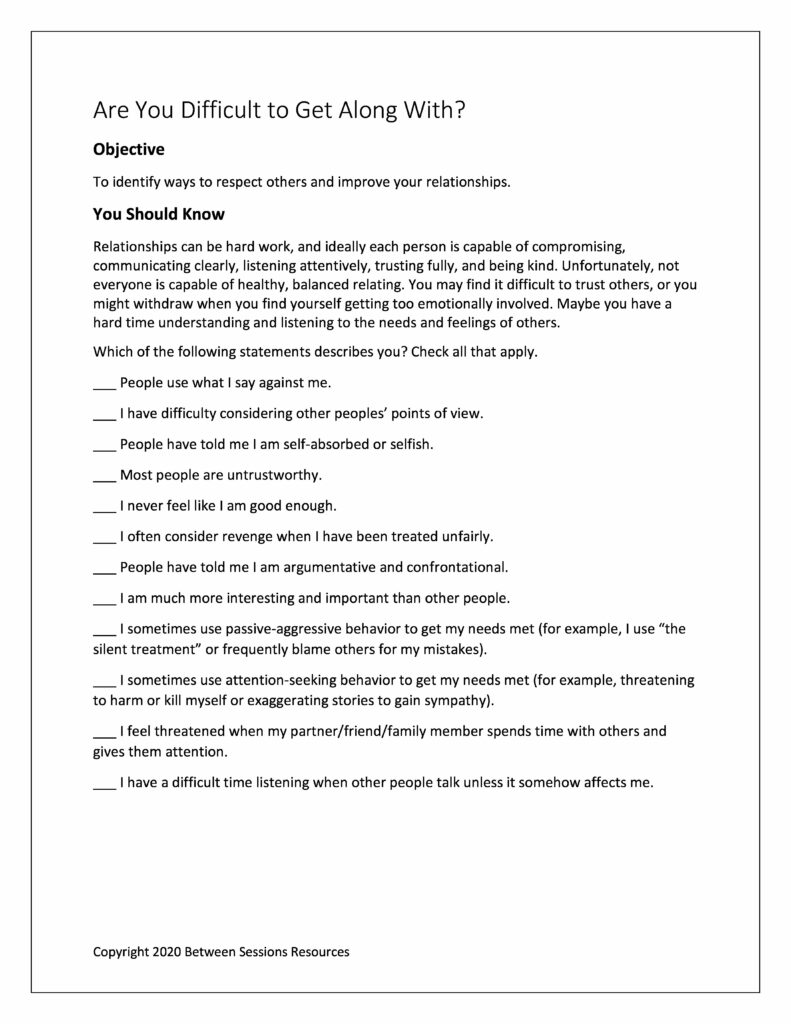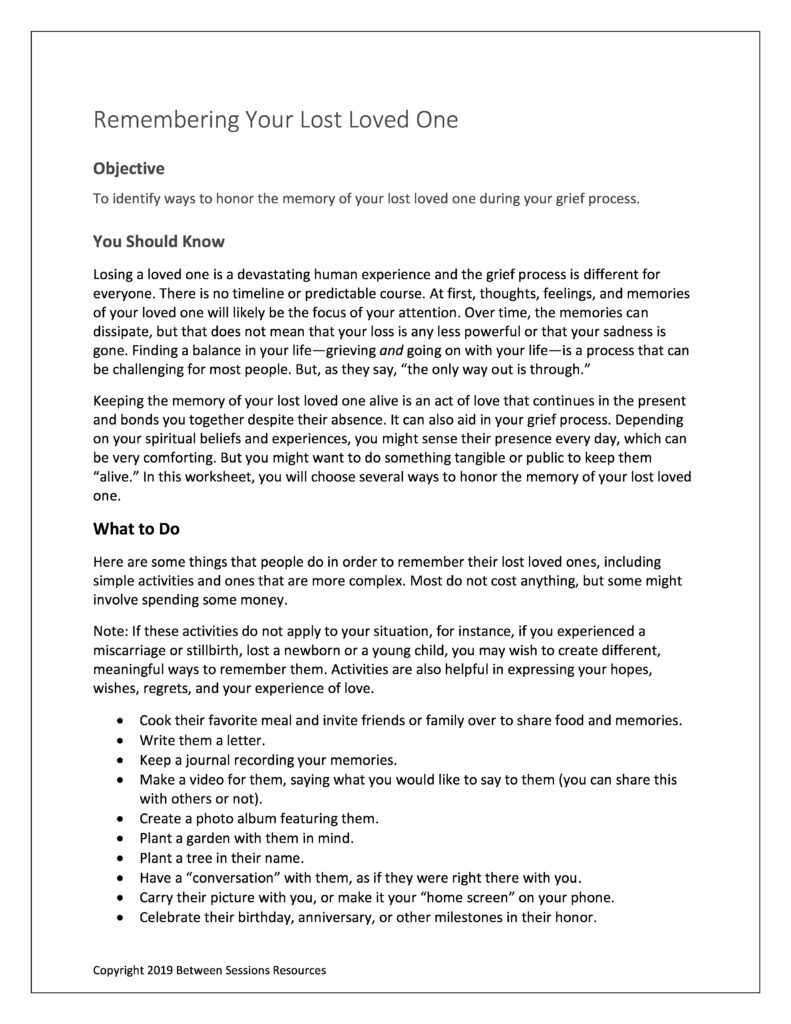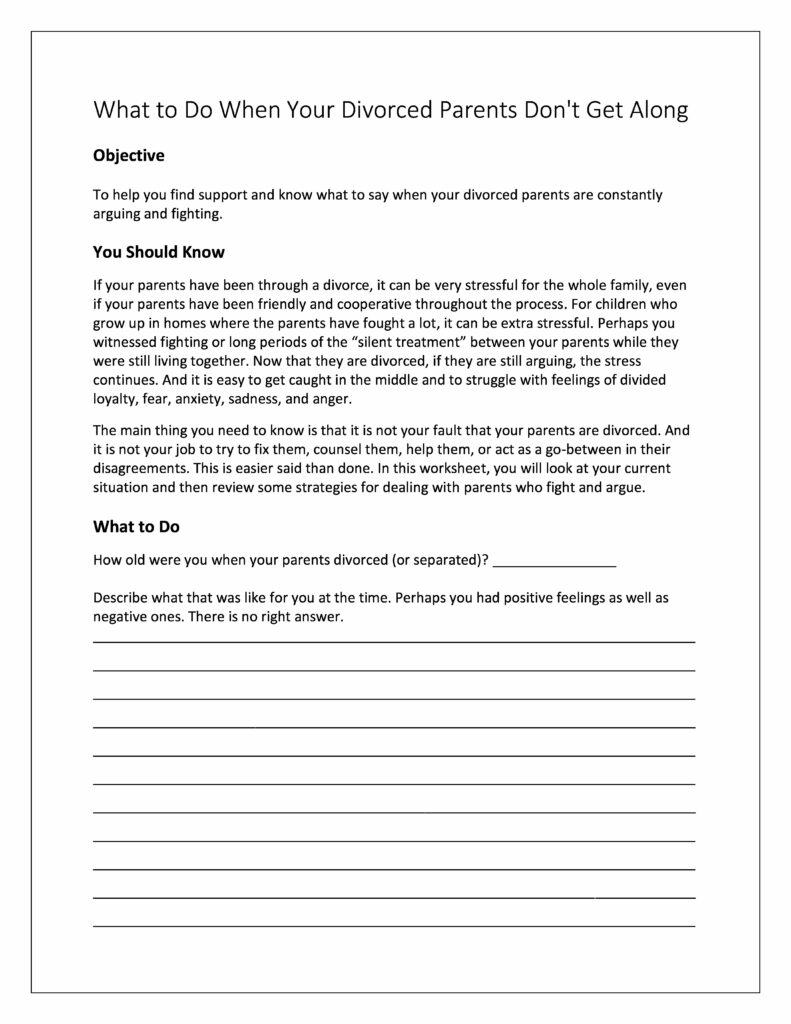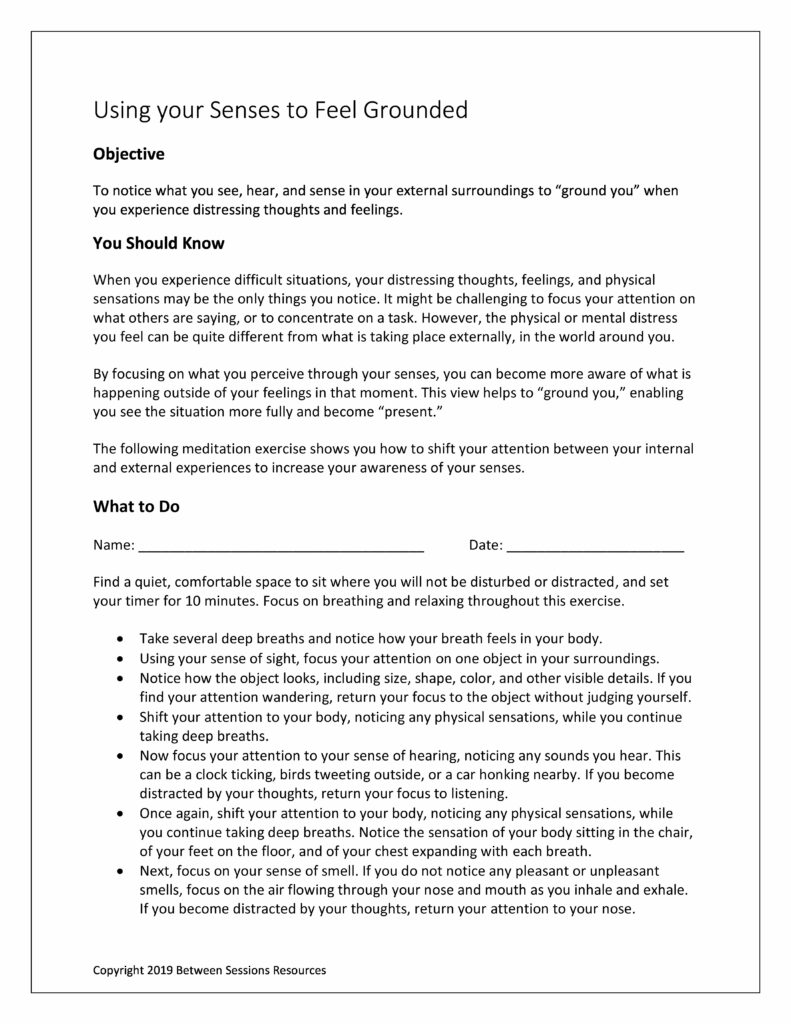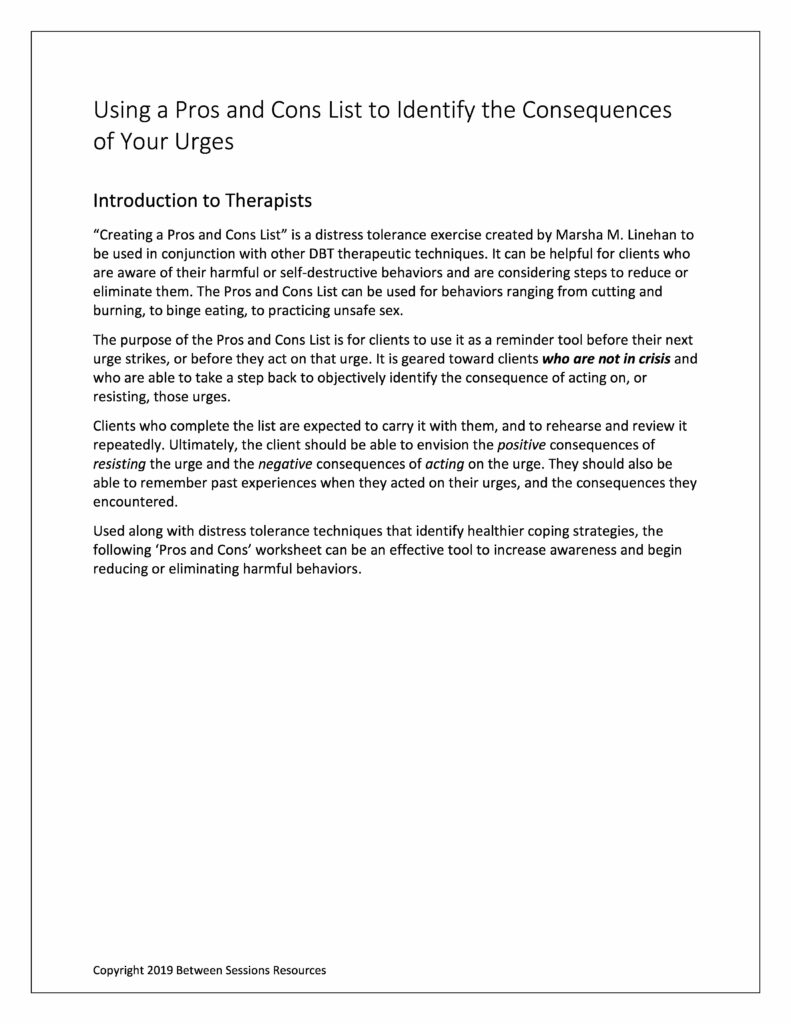Teens have a special way of communicating and learning about themselves, so we’ve made sure that all our therapeutic activities for teens are appealing and engaging to this age group.
To modify the tools, click the ‘Send to Client’ button by each tool to open the Psychology Forms Filler. You can then edit the tool as you see fit and either print it out or send it to a client to be filled out online. Click here for a tutorial on using the Psychology Forms Filler.
We’ve tried to address every teen issue we can think of, and more tools are added every week!
If you are looking for something you can’t find on this site, please let us know by clicking here and our team of writers, graphic artists, and therapists will custom-design it for you.
This worksheet teaches people the GIVE technique: be gentle, show interest, validate, use an easy manner. It encourages people to use aspects of this technique in difficult interactions.
This brochure from the National Institute of Mental Health helps people distinguish between shyness and a diagnosis of Social Anxiety Disorder. It explains symptoms and treatment options. (0120)
This worksheet is designed to help people understand the connection between their emotions and their physical reactions. It can be used to help people with a variety of problems including health anxiety, panic attacks, eating disorders, and more. (0120, DBT)
This worksheet helps people identify the social situations that make them anxious and understand their anxiety symptoms. It also encourages them to consider their motivation to change. (social anxiety, 0120)
This worksheet is designed to help people dealing with a loss find positive ways to remember the people they lost. (grief, mourning, 0120)
This worksheet is designed to help people with eating disorders pay attention to body cues rather than situational cues when deciding when and what to eat (binge eating, eating disorders, overeating, 1219)
This worksheet is designed to help teens understand how stress affects their school experience and develop coping strategies to deal with stress. (school performance, anxiety, under-achievement, grades, 1219)
This worksheet is designed to help teens know what to do when their divorced parents are constantly arguing and fighting. It helps teens think about how this discord is affecting them and gives them specific directions on how they can stay out of the middle of family problems. (divorce, arguments, family therapy, 1219)
This worksheet is designed to help people deal with overwhelming emotions, depersonalization, and derealization. It directs people to pay attention to sensory input as a way of becoming grounded and feeling in control. (Bipolar Disorder, grounding, emotional regulation, DBT, 1119)
This worksheet is designed to help people identify the consequences of both acting on and resisting their harmful urges. This DBT Distress Tolerance technique is intended to help trigger the cognitive processes that can help people in impulse control. (DBT, distress tolerance, 1119)

